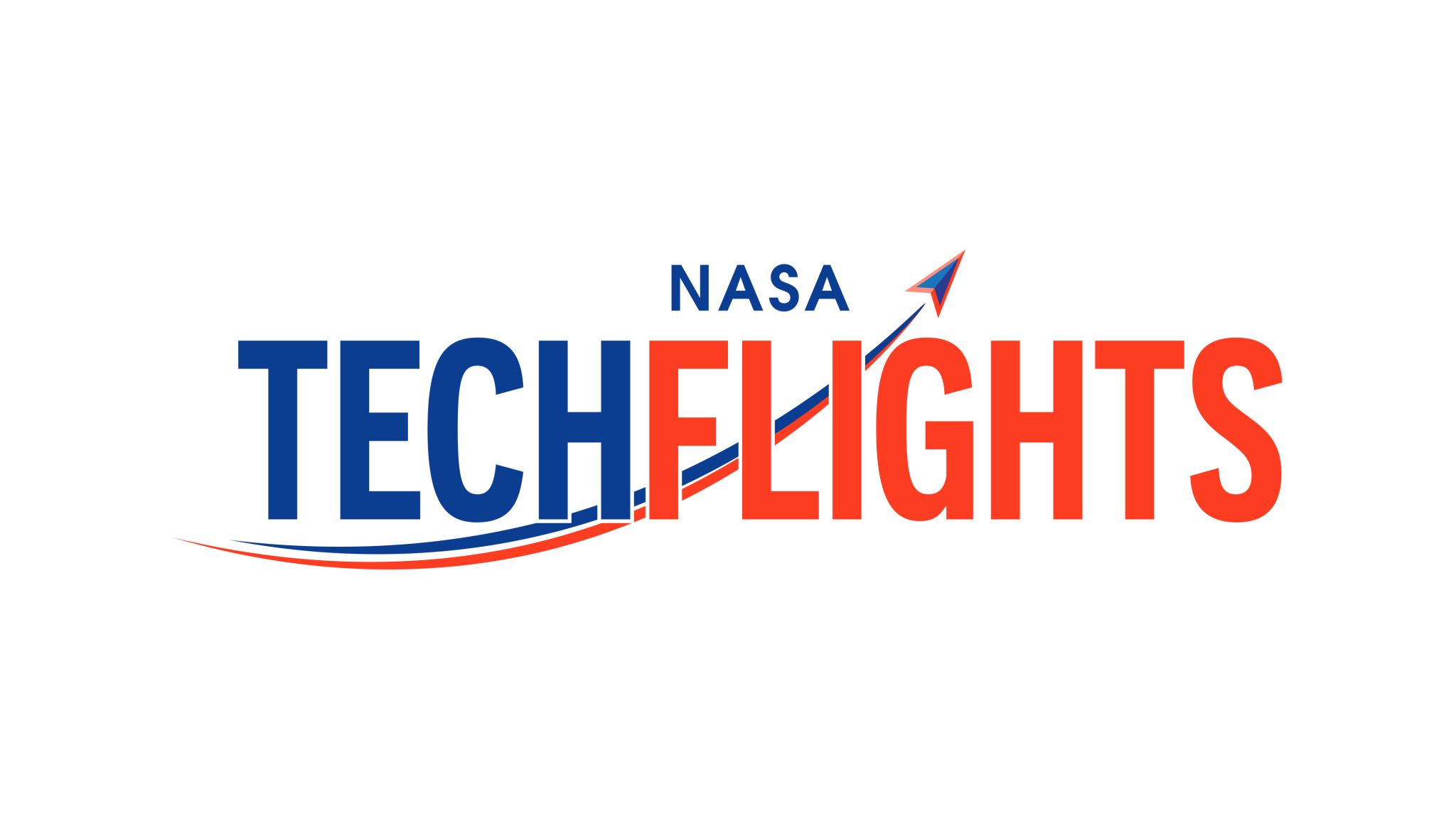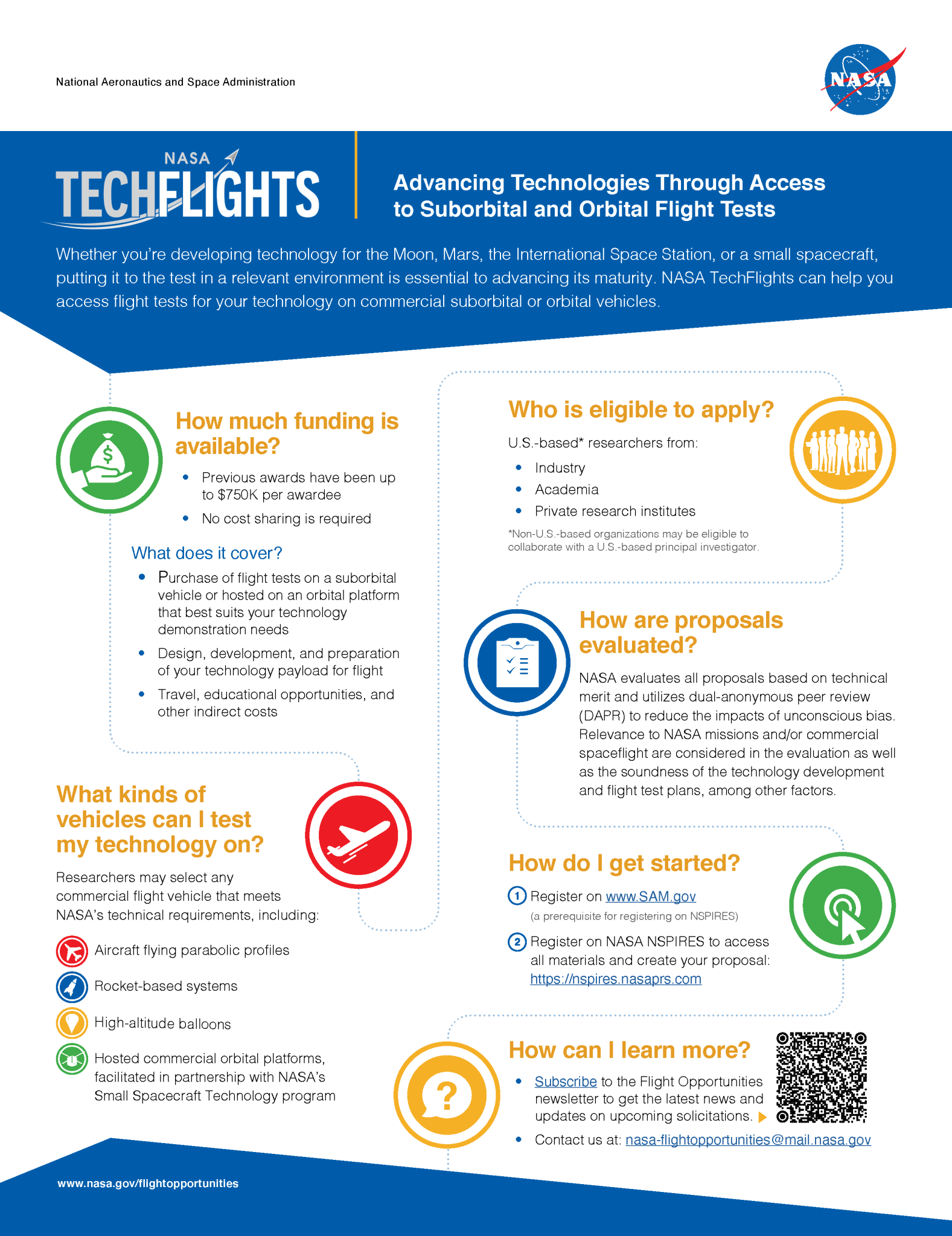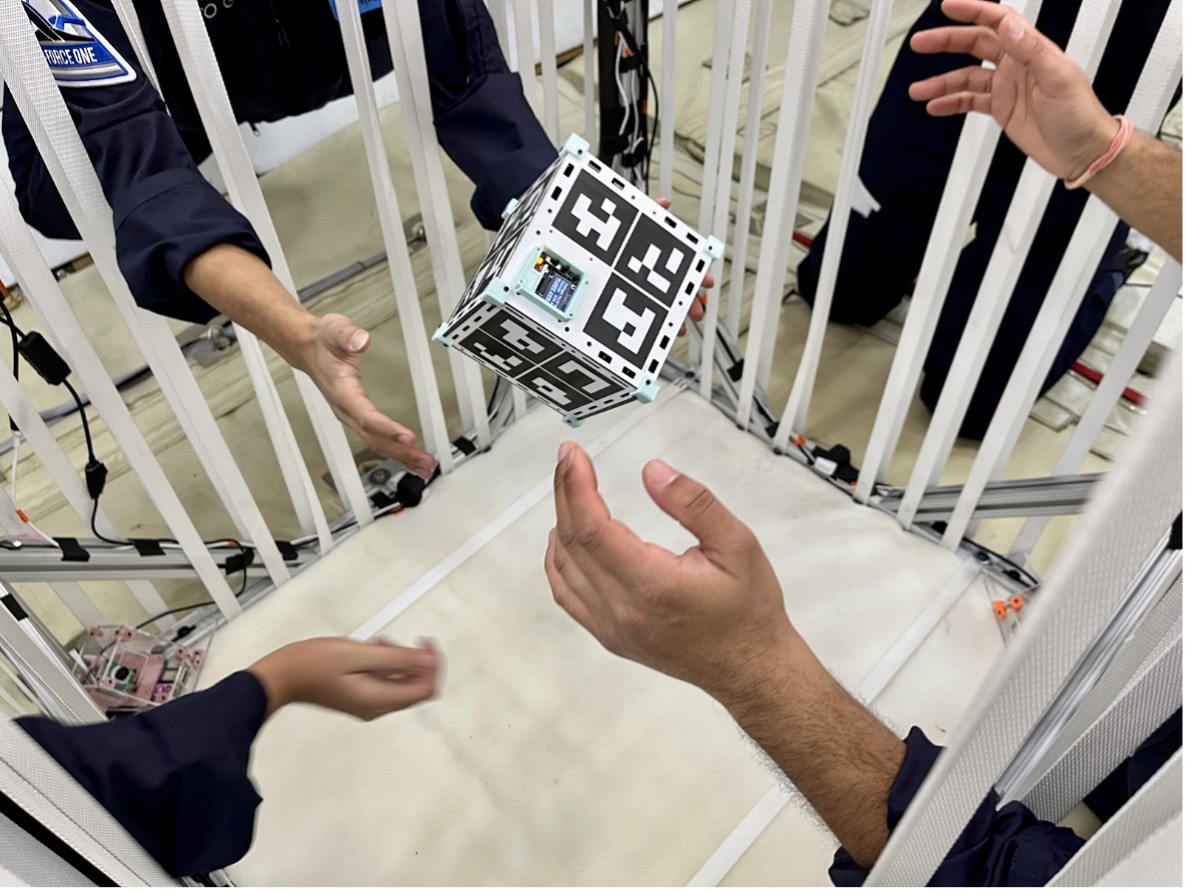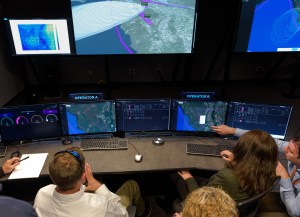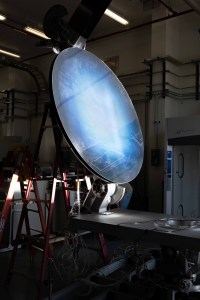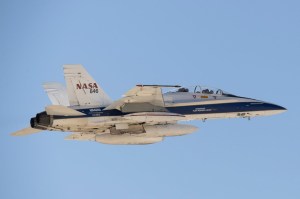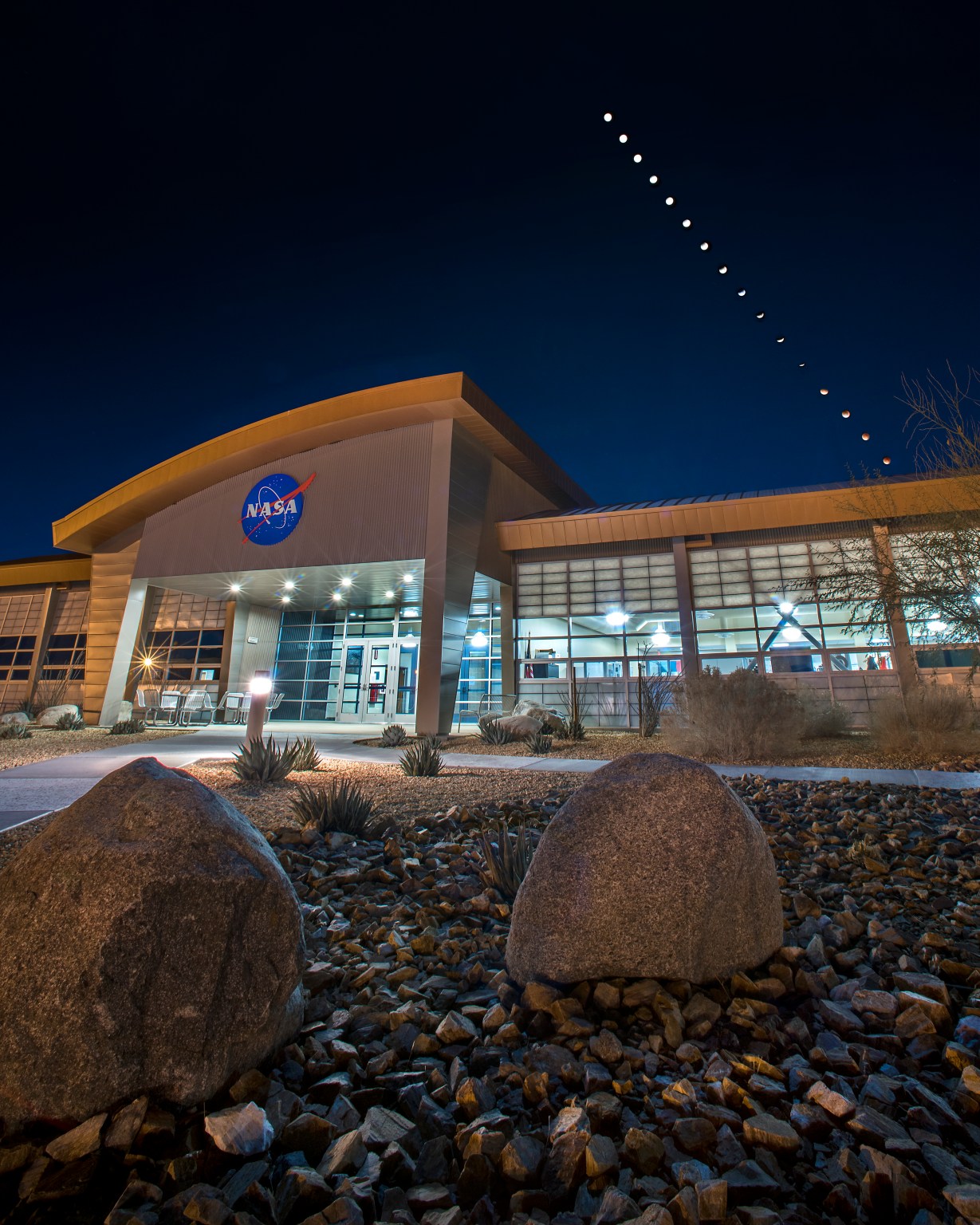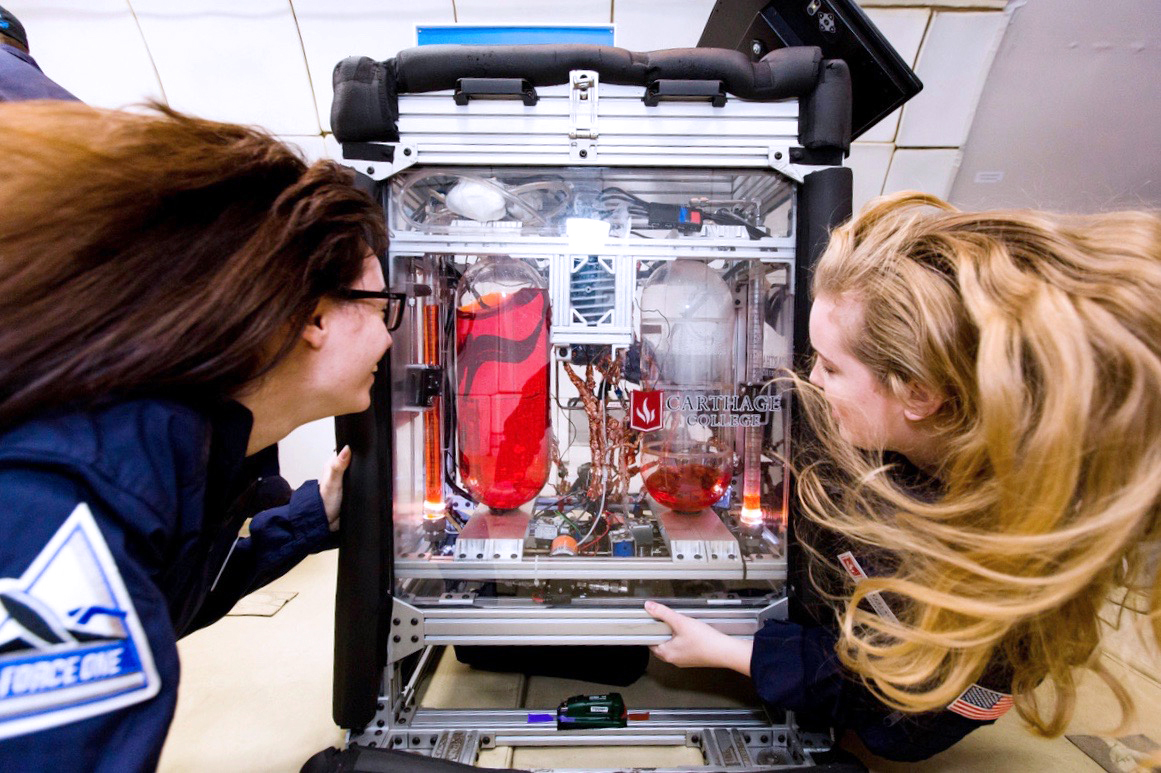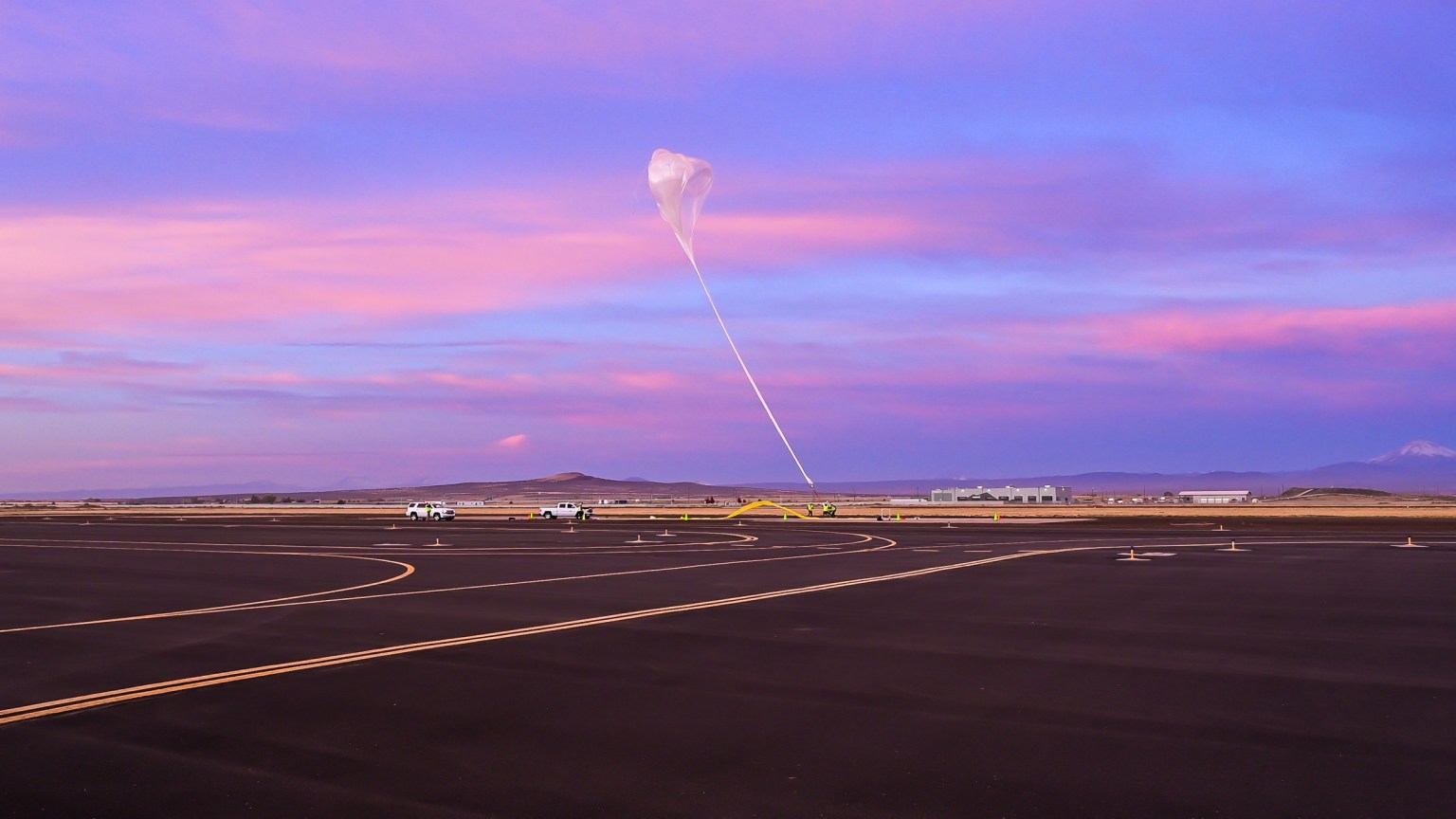NASA’s 2022 TechFlights solicitation is now open! TechFlights offers funding opportunities to researchers from U.S.-based industry, academia, and private research institutions to rapidly test technologies on commercial suborbital vehicles or payloads hosted on commercial orbital platforms with awards up to $750,000 per awardee.
Technology Topics
NASA is seeking proposals to address specific agency goals. The topics for the 2022 solicitation are:
Topic 1: Cislunar/Lunar Surface Infrastructure & Capabilities
Demonstration of capabilities that support global lunar utilization leading to commercial commodities and services for a robust lunar economy.
Topic 2: In-Space Infrastructure & Capabilities
Demonstration of technologies for low Earth orbit (LEO) to geosynchronous Earth orbit (GEO) that support additional future services for a growing LEO/GEO economy.
Topic 3: Earth-Observing Capabilities for Science & Climate Change
Demonstration of capabilities that enable new Earth-observation architectures as well as systems to monitor and address climate change.
Examples of technologies that address these topics can be found in the full solicitation.
Vehicle Types
Through TechFlights, awardees receive a grant or cooperative agreement allowing them to purchase flights directly from any eligible U.S. commercial flight provider that best suits their technology demonstration. Suborbital vehicle options include suborbital rockets, rocket-powered vertical takeoff and vertical landing vehicles, high-altitude balloons, and aircraft flying reduced-gravity (e.g., parabolic) flight profiles. New in the 2022 solicitation, NASA’s Flight Opportunities program will be partnering with the agency’s Small Spacecraft Technology program, enabling awardees to also propose flight tests of payloads hosted on commercial orbital platforms.
New in the 2022 Solicitation
In addition to the availability of flight tests for payloads hosted on commercial orbital platforms, this year’s TechFlights solicitation also includes changes to help reduce barriers to participation. These include implementation of a dual-anonymous peer review process in line with NASA-wide efforts to decrease unconscious bias while emphasizing technical merit. This year’s solicitation also continues two updates from 2021 – the elimination of a cost-sharing requirement for companies, and the addition of a provision for educational activities to be supported by up to 20% of the total proposed funding.
Key Dates
- Live Q&A: May 9, 2022 (replay and slides will be available for those unable to attend)
Visit the solicitation page for information about how to attend this session. - Mandatory Preliminary Proposals due: June 2, 2022
- Full proposals (by invitation only) due: August 29, 2022
About Flight Opportunities and Small Spacecraft Technology
The Flight Opportunities program is funded by NASA’s Space Technology Mission Directorate (STMD) at the agency’s Headquarters in Washington, and managed at NASA’s Armstrong Flight Research Center in Edwards, California. NASA’s Ames Research Center in California’s Silicon Valley manages the solicitation and evaluation of technologies to be tested and demonstrated on commercial flight vehicles. The program facilitates rapid demonstration of technologies for space exploration and the expansion of space commerce through suborbital testing with industry flight providers.
The Small Spacecraft Technology program, also part of STMD, is managed at NASA’s Ames Research Center. The program expands the agency’s ability to execute unique missions through rapid development and demonstration of capabilities for small spacecraft applicable to exploration, science, and the commercial space sector.





























